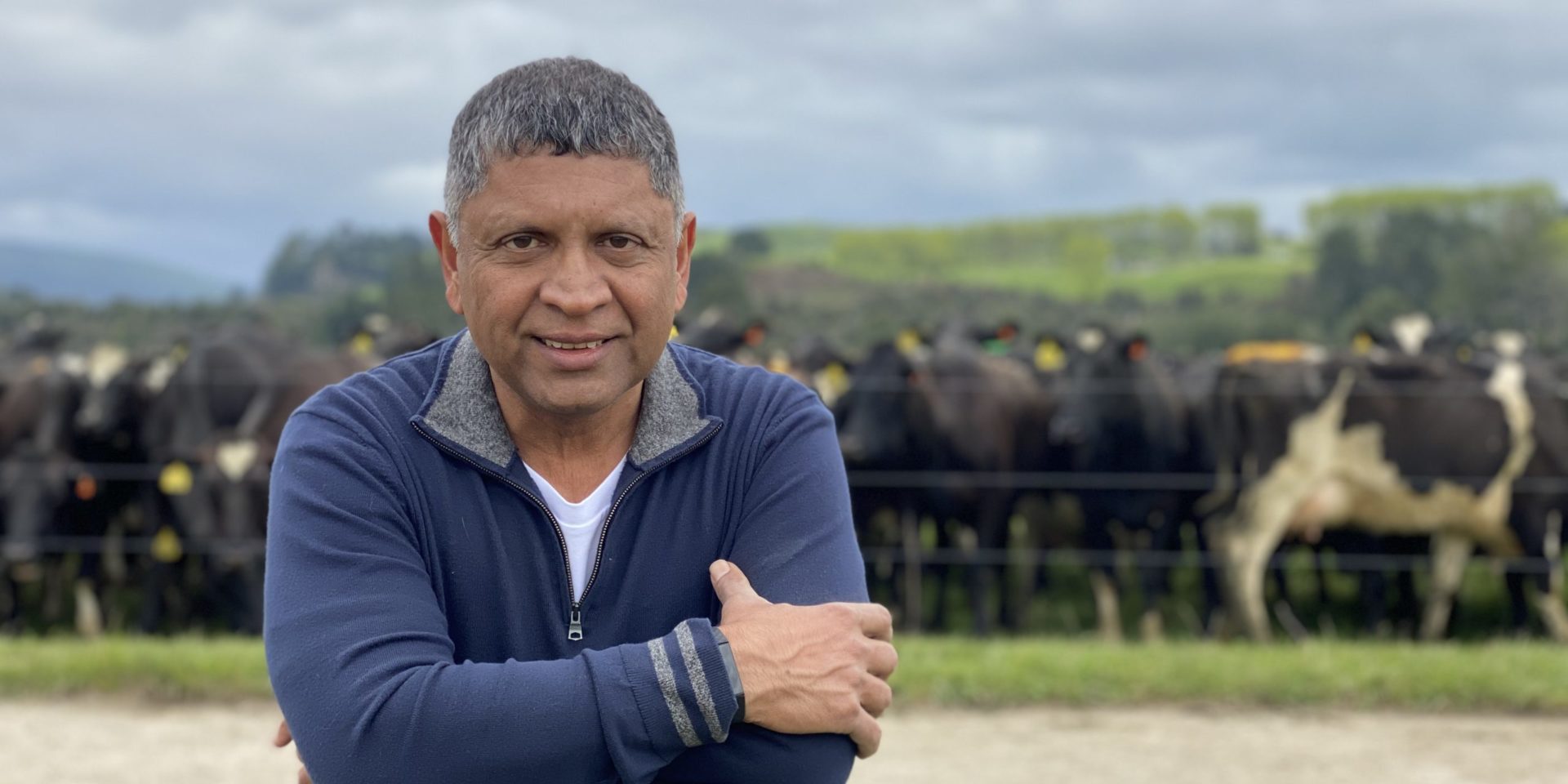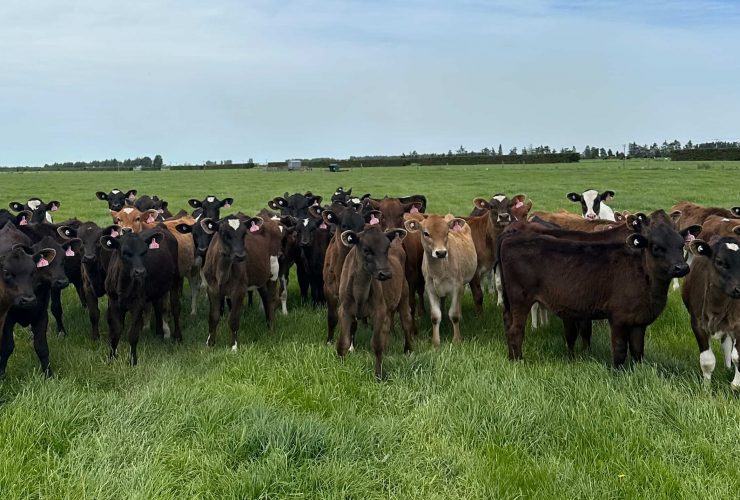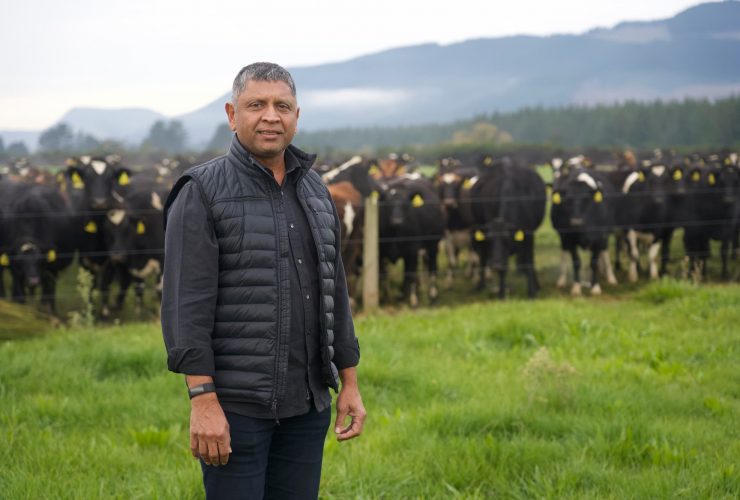Inter-Generative Farming
Farmers need to become the front-line warriors to save Earth from turning into Venus.
Life on earth is dependent on two delicate layers – the atmosphere and topsoil and the two are deeply inter-related. The former has been thickening while the latter has been depleting.
The answer my friends, is not just blowing in the wind but lies mainly deep in the soil. Soil can hold 2 times the carbon of the air and plants combined – yet modern farming methods are releasing carbon, and even more harmfully, water vapour into the atmosphere.
We need to find ways of farming our way out of climate change and climate volatility. And in New Zealand’s case, not through reduction in production as humanity needs to eat and New Zealand is already the most efficient pastoral farmer in the world by a country mile – but through more sustainable farming methods.
In New Zealand vested groups are staking boisterous positions into the “Regenerative” and “Anti-Regenerative” camps speaking past each other.
In my view, the “Regenerative” label was developed for land that had been degraded and needed to be regenerated. This does not apply to most of New Zealand’s productive farmland but does apply in some instances – for example land that have been under pine plantations looks like a scene from the Moon or Mars post-harvest and as such the soils genuinely have to be regenerated to allow other types of farming to take place.
Kiwi pastoral farmers are also amused by the “discovery” of livestock rotational grazing as being of benefit to the soils – this is something we have known all along. Now, if we can only get the powers that be to listen…
There are many aspects of regenerative agriculture that are undoubtedly positive for preserving and sequestering soil carbon and moisture, improving plant root structure and increasing valuable top soil which will all lead to more resilient farming systems and therefore better ability to withstand climate volatility – you know, the once in a 50 year drought that seems to come around every other year these days?
In terms of sustainability and climate change mitigation, we need to be science and research based. We should use products, tools and ideas that have been empirically proven or we trial them on our farms but in conjunction with local universities and government research agencies and have findings properly peer reviewed to remove all doubt as to its effectiveness.
Some of the actions that perhaps could be considered are:
- Zero to limited tillage
- Ground cover
- Increasing pastures species mix including more deeper-rooted plants
- Introduction of Dung Beetles and other useful bio-critters as appropriate
- Retirement of some land for native plantings
- Regular biodiversity studies to check for increases
- Trialing biochar as means of increasing soil carbon, nitrogen and moisture retention
- Permanent bee populations
- Judicious use of nitrogen and synthetic fertilisers
- Needless to say, Kiwi livestock farmers are pasture managers and rotational graziers.
Regenerative farmers will recognise that most of what I am proposing is similar to what they do but it isn’t always identical – it is based on the Kiwi farming system. It is what works for us and we are on the same path – to farm sustainably and save Gaia (Earth).
As my colleagues and I see a guardianship responsibility (kaitiaki) for future generations in looking after the land (whenua), and the planet, we need a farming system that is more productive for each subsequent generation.
That’s why Southern Pastures believes the term most appropriate is “generative”, meaning as the Merriam-Webster dictionary explains “having the power or function of generating, originating, producing or reproducing.” Link that with “inter-(generational)” and you come to a place where we should sit proud.
“Inter-generative”
We need to farm with generations to come in mind. Enhancing what we already know is good farming methodology here in New Zealand – we are the most efficient farmers already in the dairy world), and embellishing it with more great carbon soaking and environmental initiatives.
Hopefully this removes the disputes between the regenerative believers and those who think that it is a hoax or a fad. It allows us all to get on with the real task of building an ‘AntiFragile’ (a term created by Professor Nasim Taleb of ‘The Black Swan’ fame) farming system that thrives through climate volatility and assists in reversing climate change. Go the farmer heroes.
We invite our Kiwi and global farming friends to join us on this journey of farming “inter-gen”.
Nga mihi,
Prem Maan





